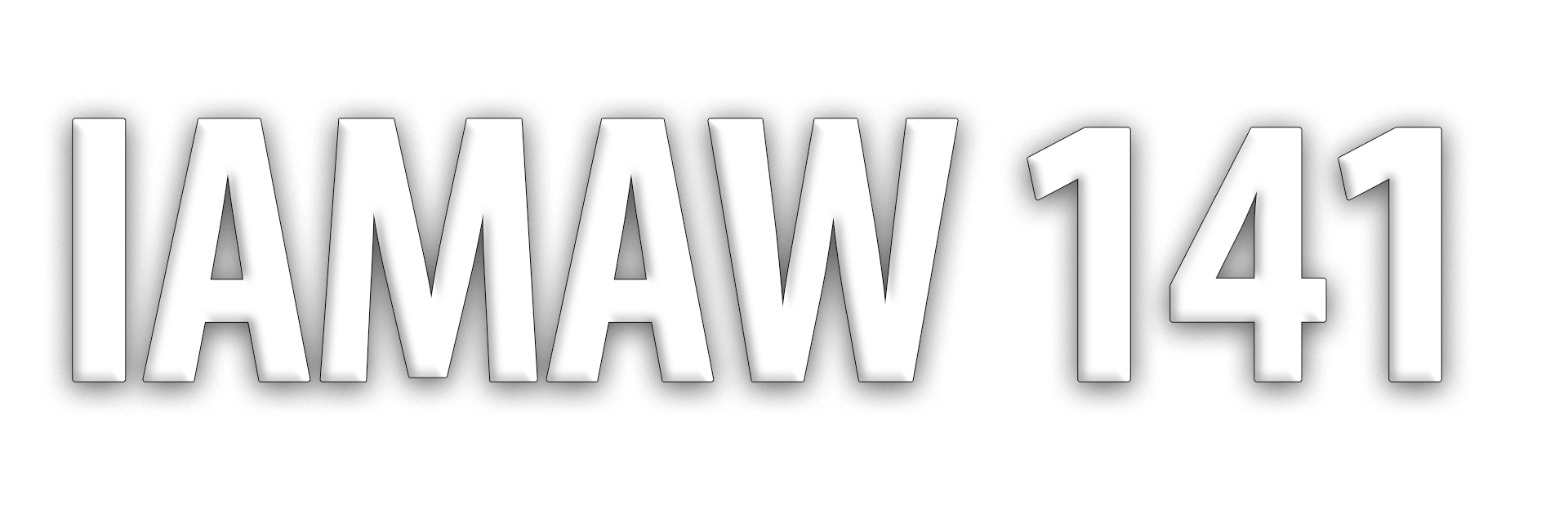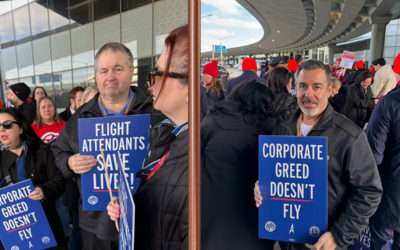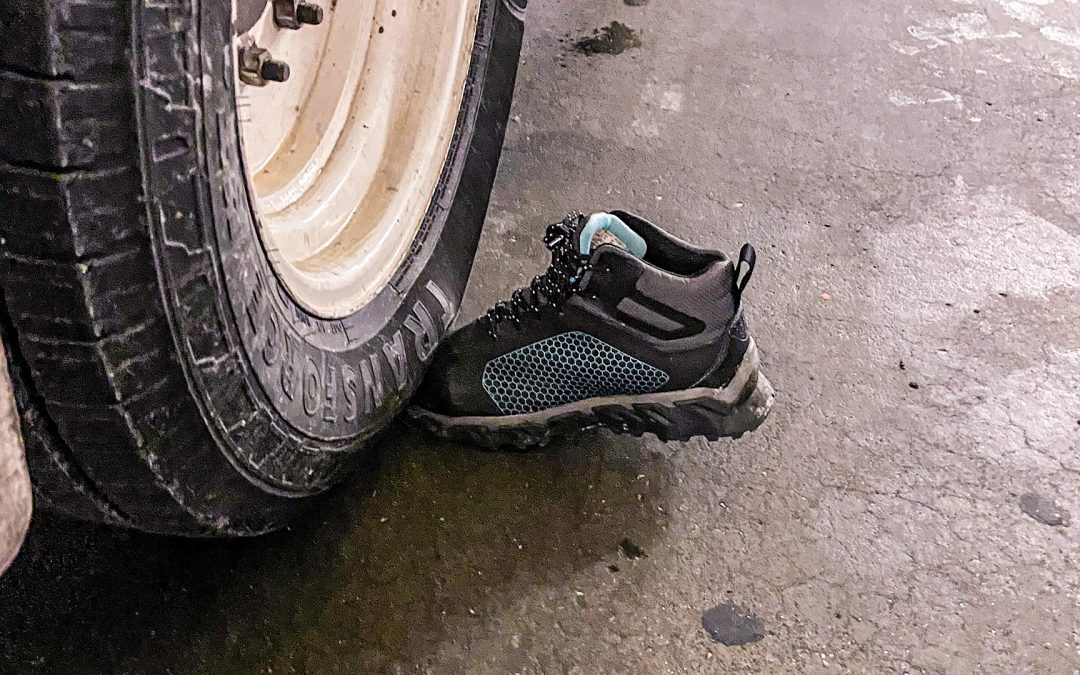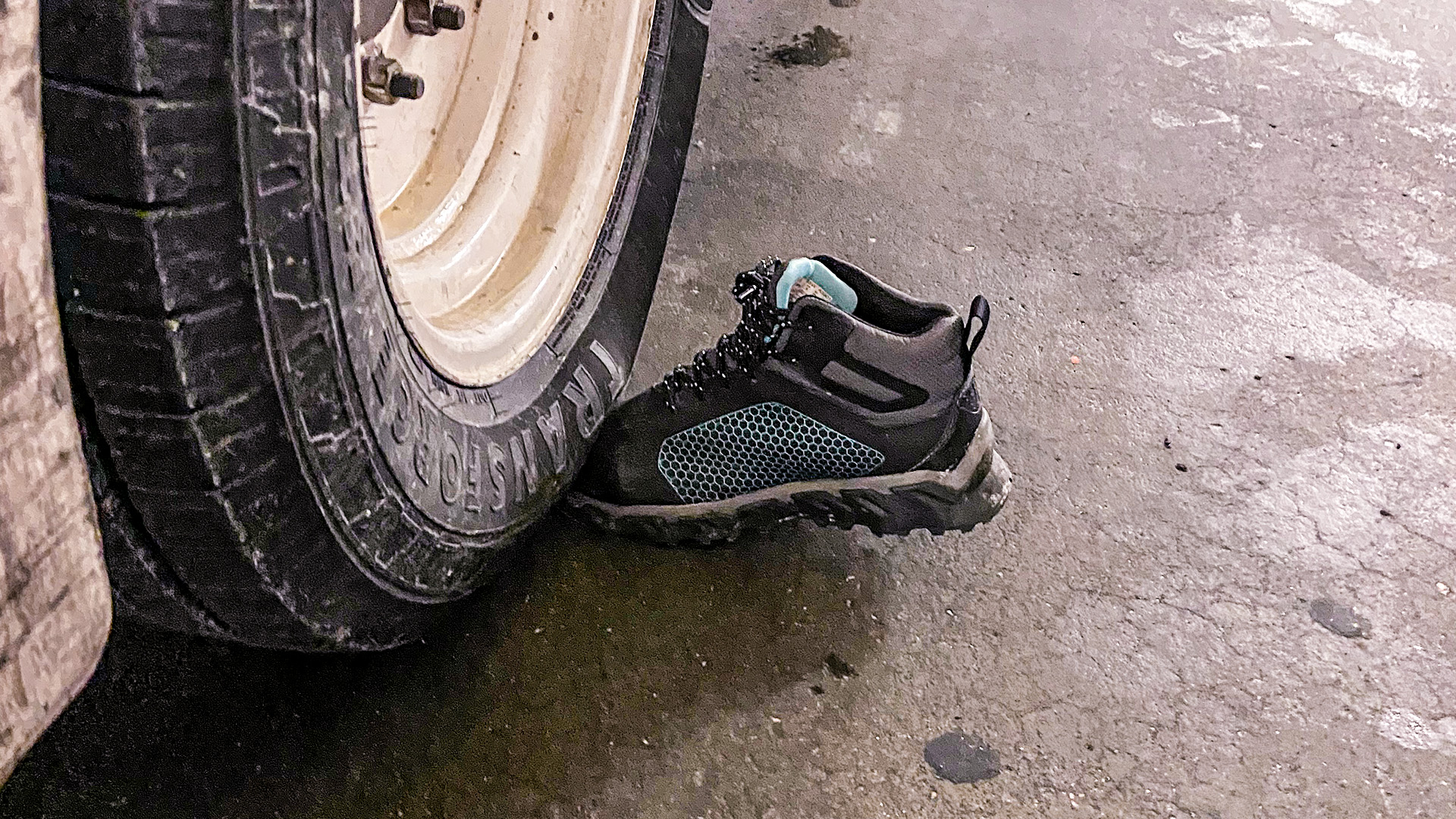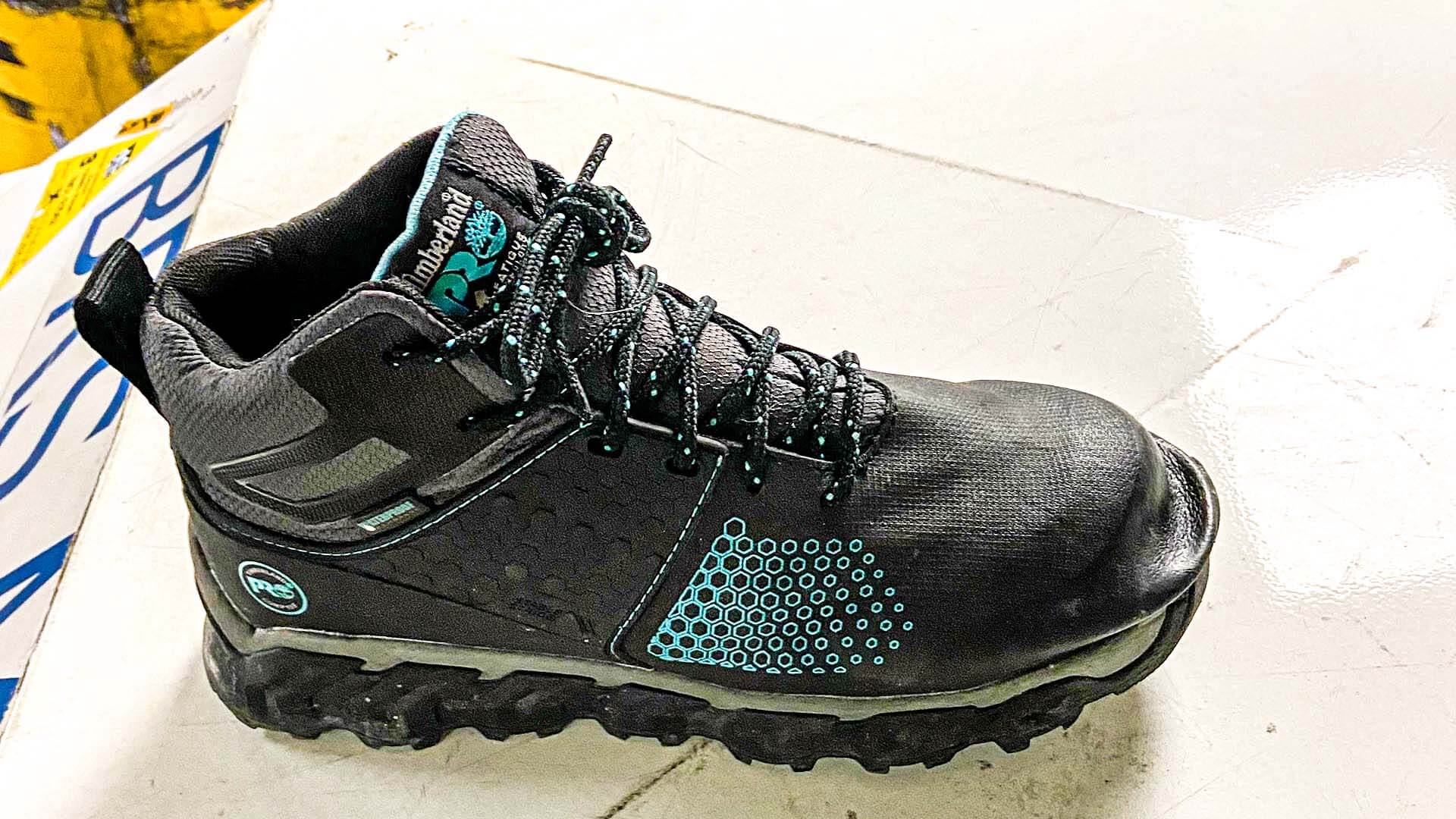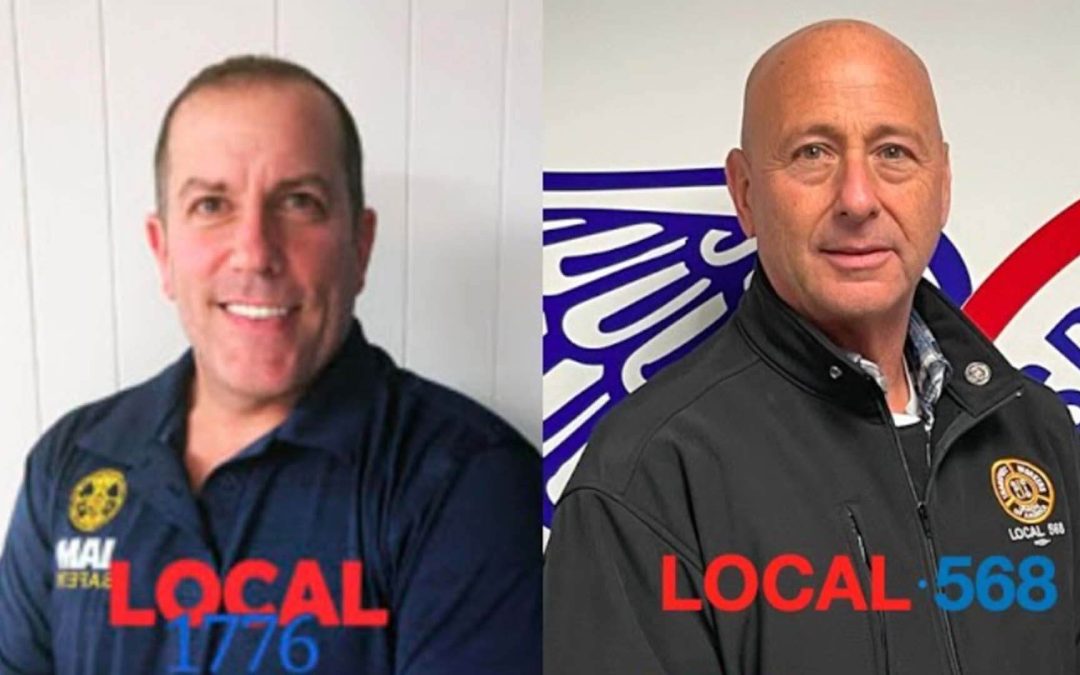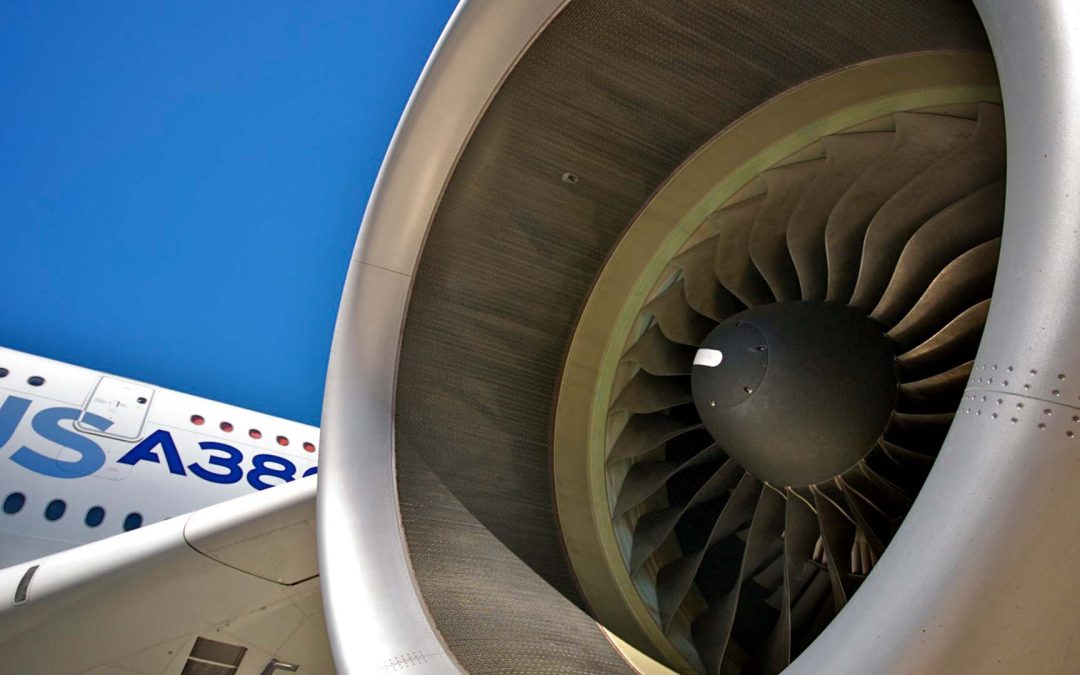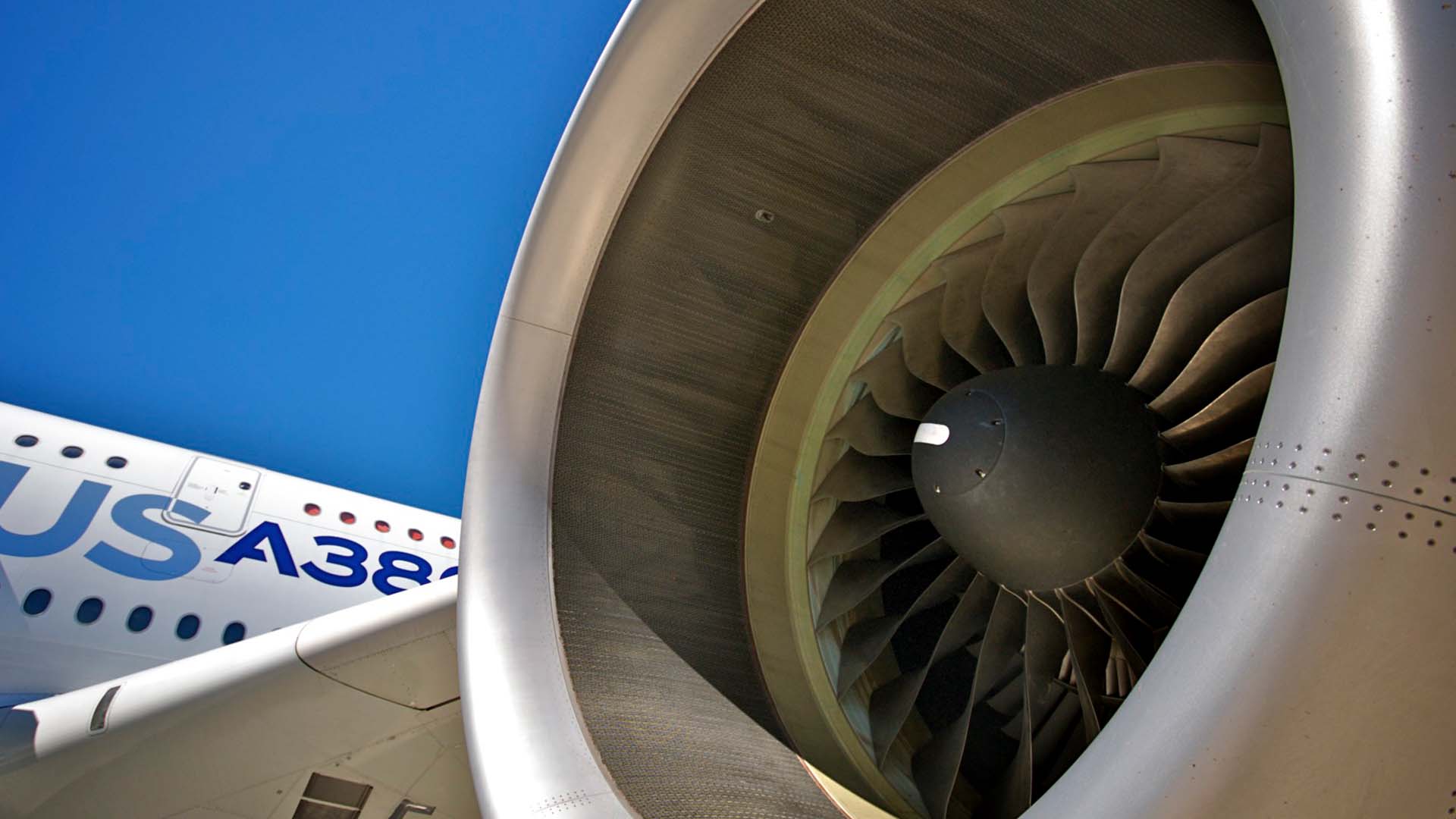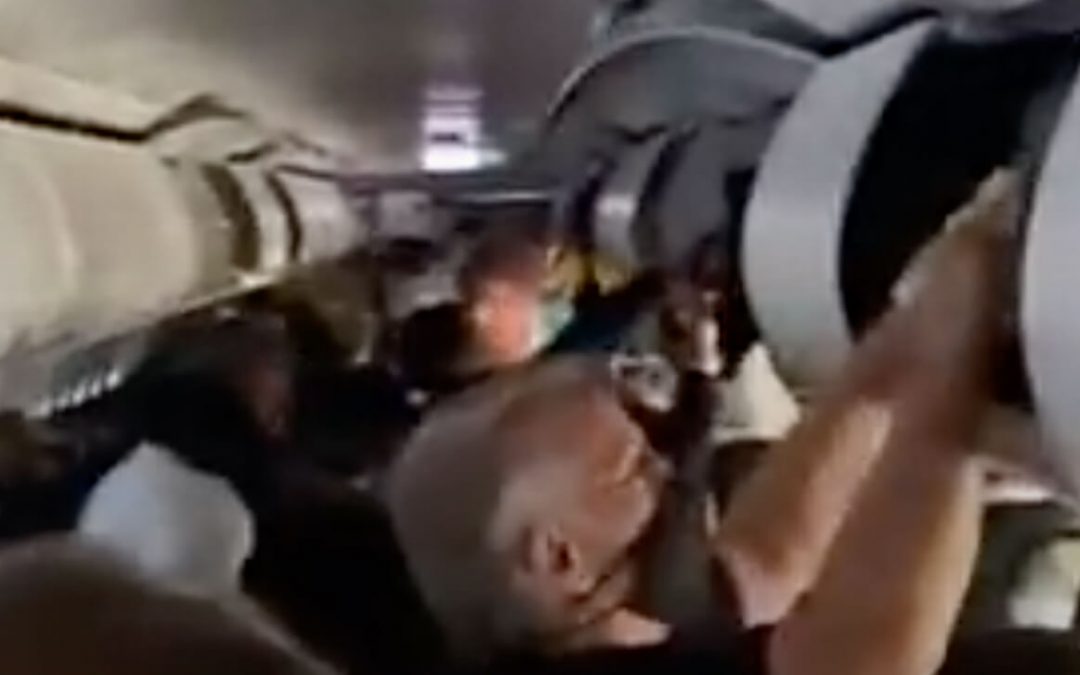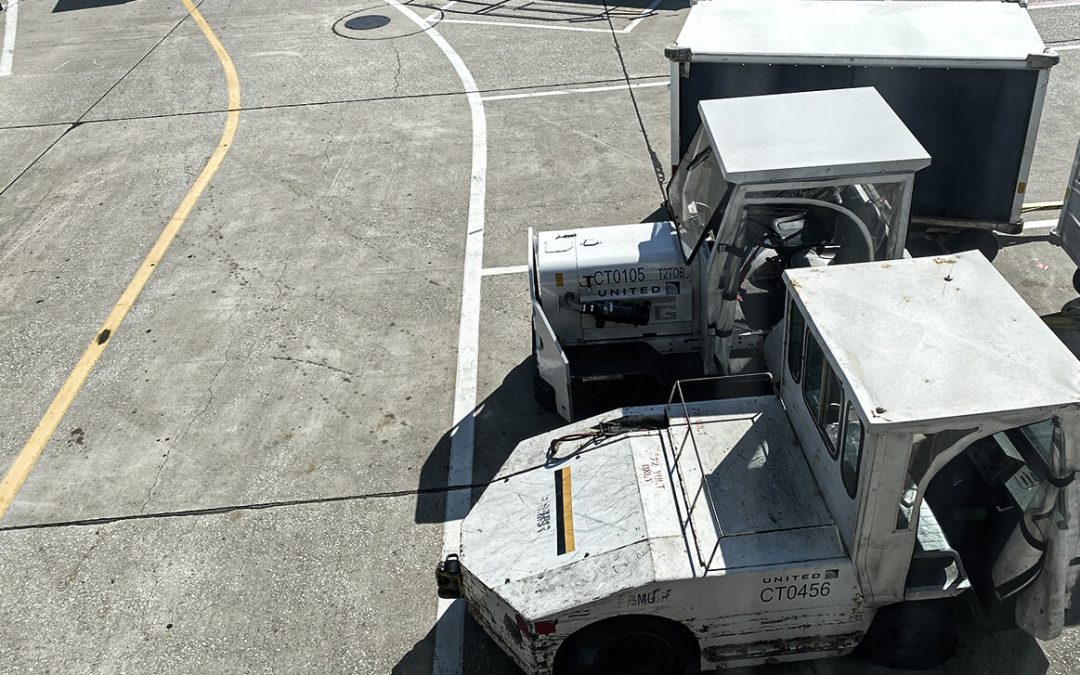Machinists Union Stands in Solidarity with Flight Attendants in Nationwide Day of ActionPictured: Assistant General Chairs Erik Stenberg (left) and Mike Cyscon.In a display of solidarity, members of the Machinists Union joined flight attendants in nationwide rallies...
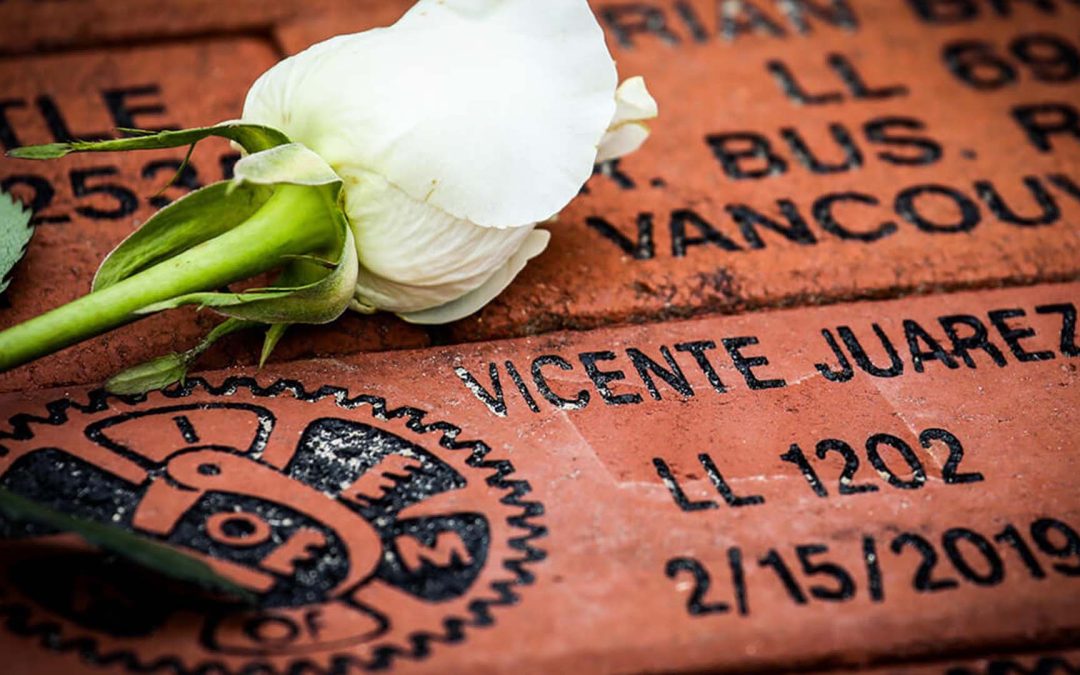
Here’s How You Can Honor a Fallen Coworker at the Machinists Union Workers’ Memorial
Here’s How You Can Honor a Fallen Coworker at the Machinists Union Workers’ Memorial
Safety
2 March 2022
Each year, April 28 is recognized as Workers’ Memorial Day, a day for us to commemorate the thousands of workers killed, injured, or sickened on the job. Your local can memorialize a fallen member with a personalized brick placed at the IAM Workers Memorial located at the William W. Winpisinger Education and Technology Center in Hollywood, MD.
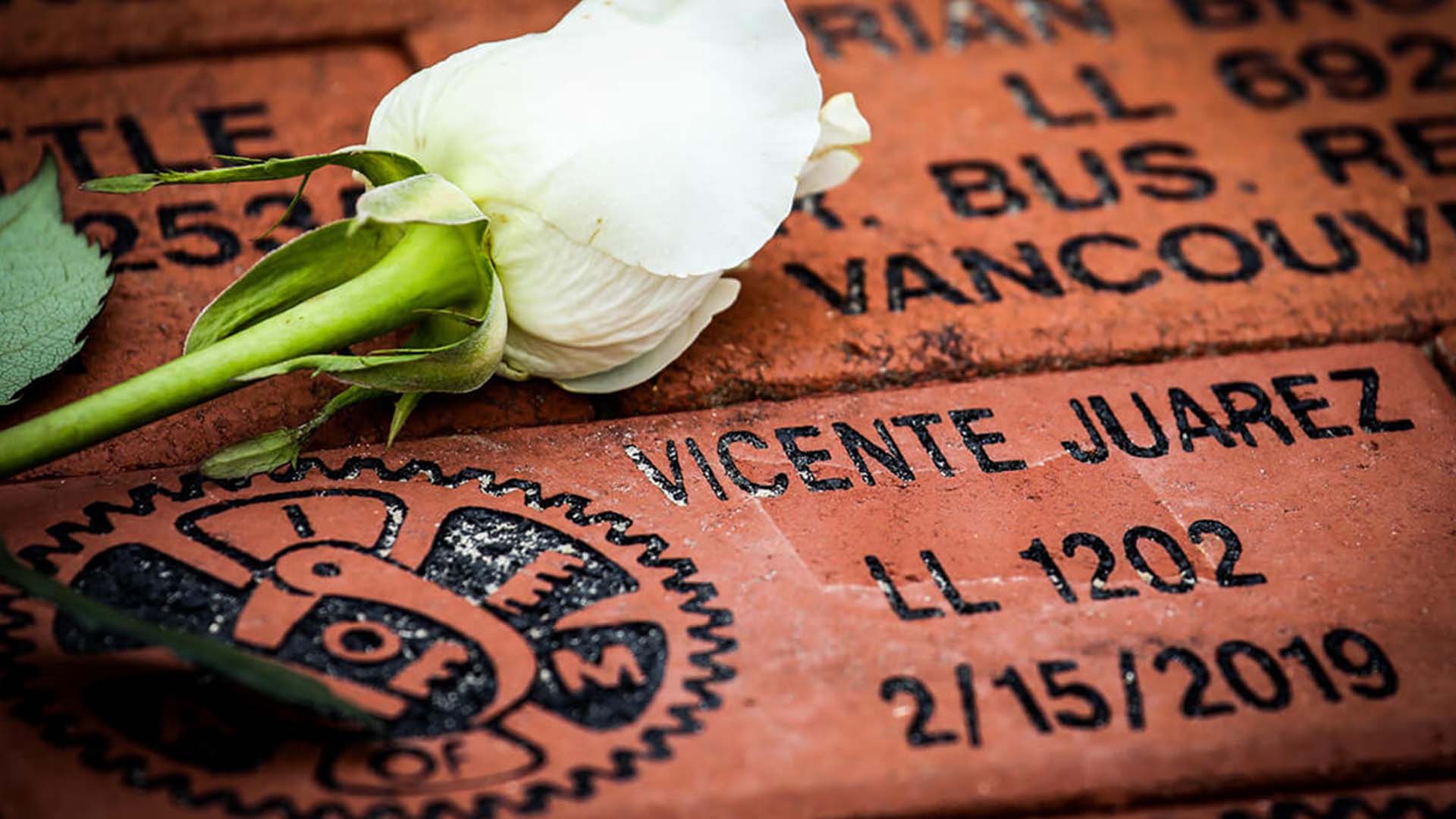
CLICK HERE to order personalized brick
The brick can have two lines of lettering with up to 20 characters per line (including spaces on each line) without the logo for $100. There’s also the option to purchase a brick with three lines of lettering with up to 15 characters per line, along with the IAM logo for $125.
There’s also the option to purchase a larger brick: an 8×8 can be purchased for $200. This option comes with four lines of lettering with up to 20 characters per line without a logo, or with two lines of lettering with up to 15 characters per line, along with your own preferred logo or the IAM logo.
If your local has a member who died on the job, a complimentary brick will be place at no cost. Please fill out and submit the Complimentary Brick Order Form.
The IAM Workers’ Memorial was completed in 2001. It was dedicated to the remembrance of those who lost their lives while on the job. The bricks surrounding the Memorial bear the names of fallen members along with bricks donated from lodges and proud members of the IAMAW.
On or around April 28 each year, a ceremony is conducted at the memorial to remember those who lost their lives and rededicate ourselves to the prevention of on the job injury and death to workers.
Related News
Machinists Union Stands in Solidarity with Flight Attendants in Nationwide Day of Action
February Helping Hands: Financial Health
EAP Peers: February is often a month that people are struggling with finances after the holidays. We focus on a government agency that has some terrific resources - the Consumer Finance Protection Bureau. This agency has a myriad of resources to help with any...
$8,000 in Scholarships are Now Available!
$8,000 in Scholarships are Now Available!District Lodge 141 is excited to announce the commencement of its 2024 Adolph Stutz Memorial Scholarship Essay Contest!$8,000 in Scholarships are Now Available!IAM141.org 6 February 2024District Lodge 141 is excited to announce...
